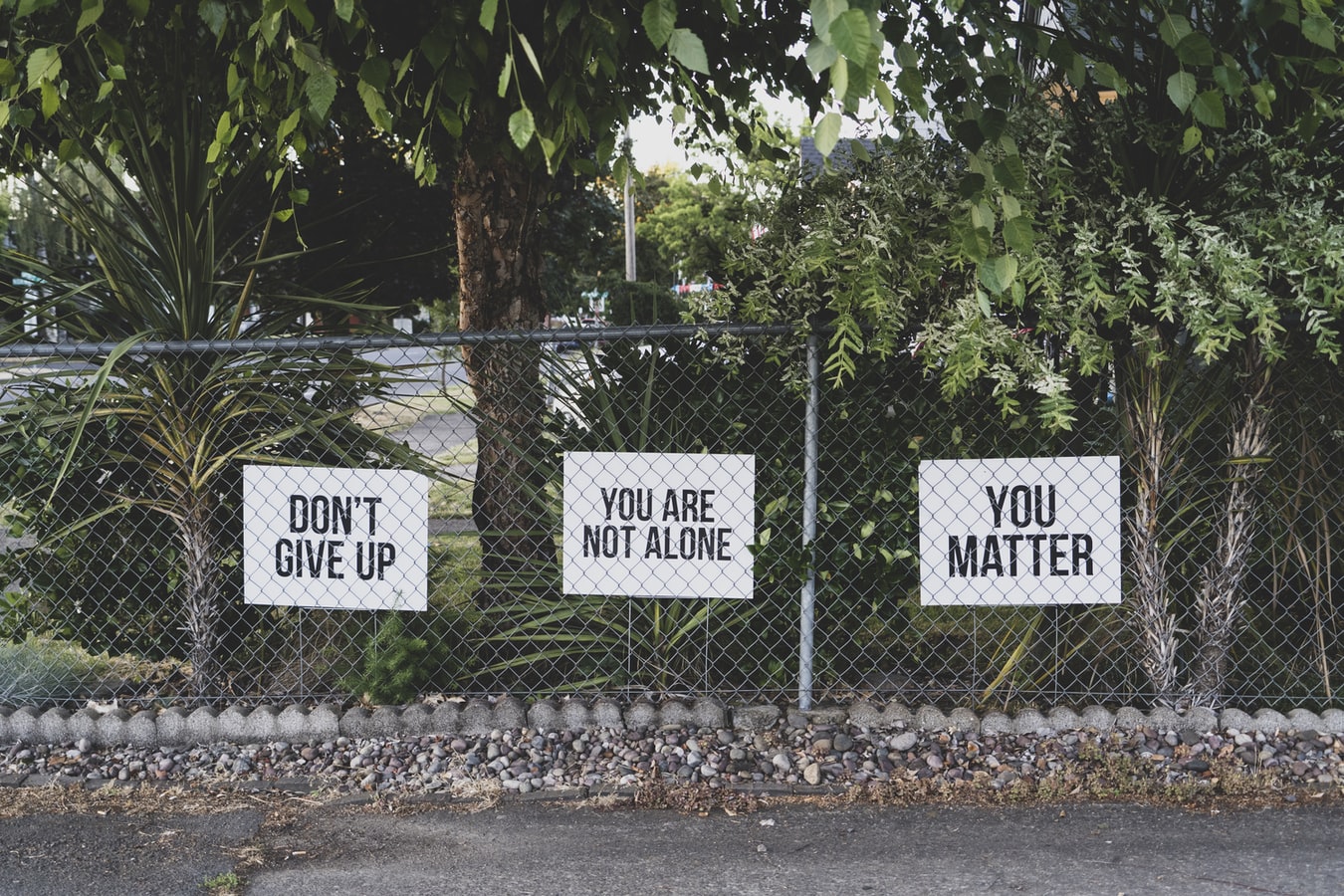What To Do If You Think Your Child Is Having Suicidal Thoughts

Written by: Meaghan Lightbody-Warner, LCSW-S
In the United States, suicide is the 2nd leading cause of death among children/adolescents aged 10-24. Research has shown that nearly 1 in every 8 children between ages 6-12 have suicidal thoughts. The suicide rate is typically higher in males versus females, but females often have more attempts.
As a parent, the idea your child may be thinking of suicide is very scary. Learning and being aware of warning signs and interventions will help you be prepared to respond if your child is struggling with suicidal thoughts. Children need an outlet and we must create a safe space for them to come to us to express their thoughts and feelings.
Here are some warning signs that may indicate a child is having suicidal thoughts:
- Lack of energy
- Isolating themselves, possibly spending more time in their room or away from family and friends
- Giving away possessions
- Increased feelings of sadness/hopelessness
- Changes in eating habits
- Increased irritability
- Change in sleeping habits (less or more, difficulty falling/staying asleep)
- Difficulty thinking clearly
- Writing or drawing about death or harm to self or others
- Engaging in risky behaviors
- Substance use
- Lack of interest in activities they once enjoyed
- Off-putting posts on social media
It is important to remain calm when a child comes to us expressing suicidality, as our response plays a big role in letting them know that we are there for them. Provide a calm, comforting environment. Make sure the conversation is two-sided, not just a lecture. Don’t be judgmental if they express this to you. Be direct with your child in letting them know you love them, and are there to help.
When a child completes suicide, parents can be taken by surprise, and later begin to identify the warning signs listed above and that brings on an immense amount of guilt. Parents often ask themselves “How did I not see this before” or “Why didn’t I say something.” One recommendation is to have an open line of communication with our children. Let them know that their thoughts and feelings are safe with us, that they can trust us to be there and support them when they are going through difficult times.
Asking straightforward questions, in a calm manner and environment such as “Do you have thoughts or plans of killing yourself?” It is important that the child have trust in you, or they could shut down more. The more warning signs observed, the more at risk the child could potentially be. It is recommended that if a child is having suicidal thoughts or plans, that they be evaluated by a professional. This includes having them seen by their primary care provider, a therapist or psychiatrist, a crisis response team, or calling 911. If your child discloses they have had suicidal thoughts, you can also provide them with information on the suicide hotline at 1-800-273-8255. This number is operated 24/7, and gives your child another resource they can access easily.
Below are several other resources available on child suicide and how to help.
https://www.crisistextline.org/
https://www.bark.us/beyondthescreen/?s=wp_SuicideOnTheRise
Bark parents guide to recognize suicide
Bark Kids Guide to Help someone Suicidal